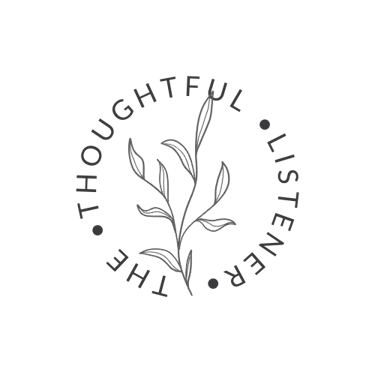Beyond Hearing
How do you rate yourself as a listener? Are you attentive during conversations at home, at work, or with friends? Or do you walk away from conversations and not remember or internalize anything said because you were physically present but not mentally present? Learn how to improve your listening skills!


How do you rate yourself as a listener? Are you attentive during conversations at home, at work, or with friends? Or do you walk away from conversations and not remember or internalize anything said because you were physically present but not mentally present? Have you experienced the reverse with individuals who hear your words but fail to truly listen and understand what you're saying?
In today's fast-paced world, being an effective listener is a valuable soft skill that can enhance relationships and communication. Most people confuse listening with hearing. Understanding the difference can benefit your life.
Hearing vs. Listening
It is a well-established fact that effective listening is an essential skill for successful communication. And, yes, we all experienced the hearing tests given to us in school, but there is a significant difference between hearing and listening. Unfortunately, our education system has overlooked the importance of teaching active listening in a structured manner. However, with the recognition of this issue, we can confidently take action to develop our own listening skills and promote the importance of active listening in our society.
Although the terms "hearing" and "listening" are frequently used interchangeably, they do not have the same meaning. Hearing is a physiological process that occurs when sound waves enter our ears and are processed by our brain. It is a passive act that happens automatically. On the other hand, listening is an active and conscious process that involves not only hearing the words being spoken, but also making an effort to understand and interpret their meaning.
Effective listening goes beyond simply hearing the words someone is saying. It involves paying attention to the speaker, understanding their perspective, and responding appropriately. It requires empathy, patience, and a genuine interest in what the other person is saying.
You can learn more by reading this month's blog posts published weekly. The topic this month focuses on becoming an effective listener. Please watch the video "Hearing vs. Listening" on The Thoughtful Listener's YouTube channel. Tune in by clicking the button below.
